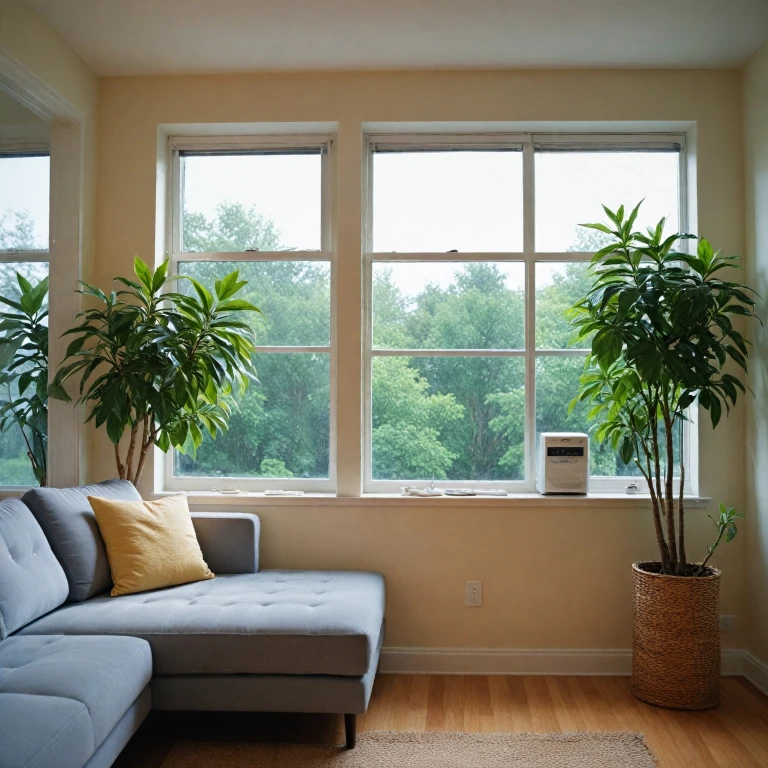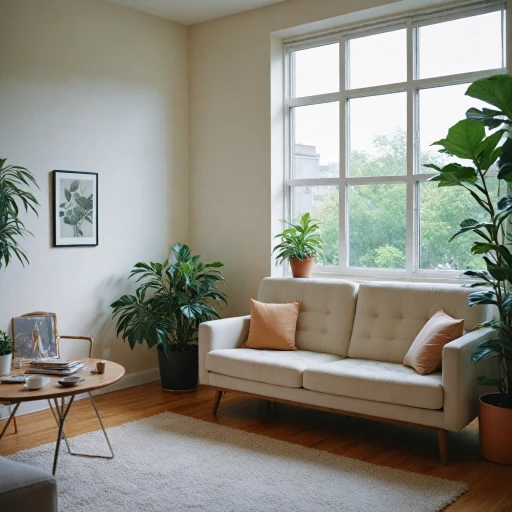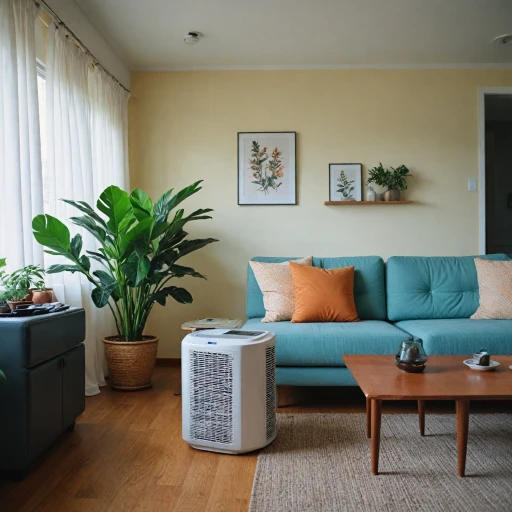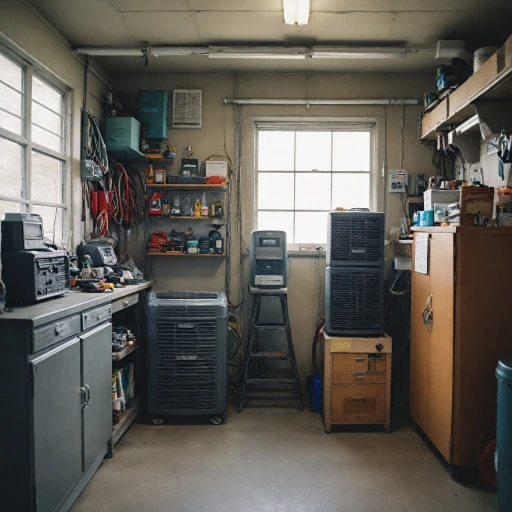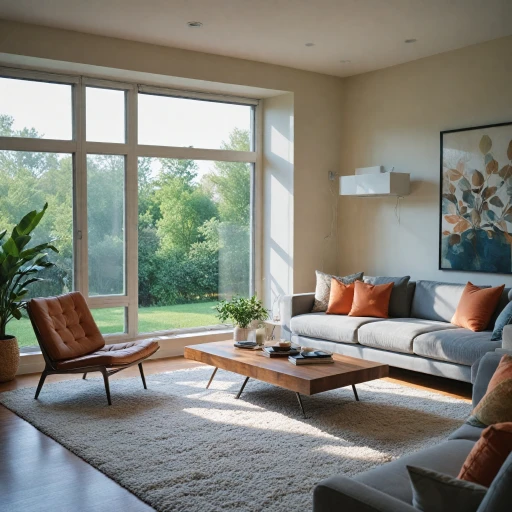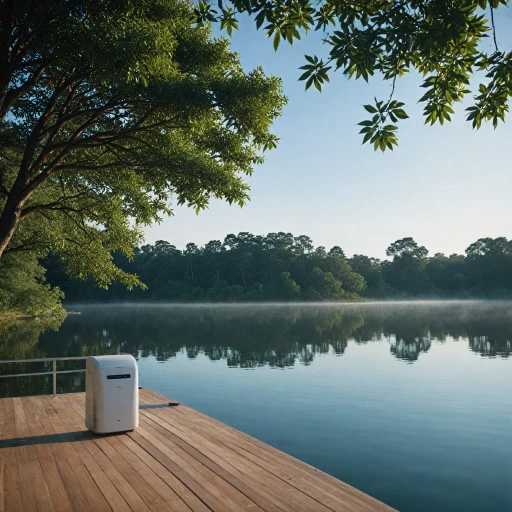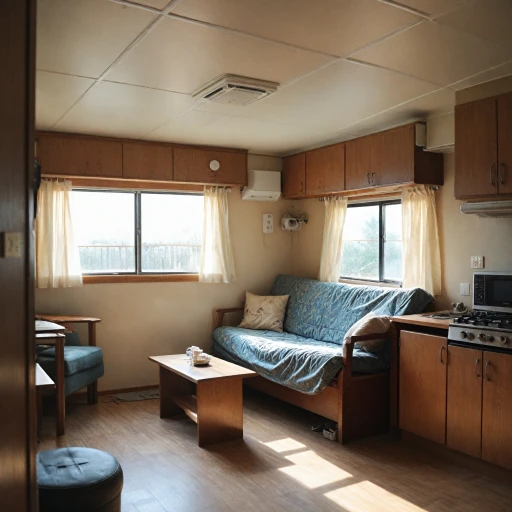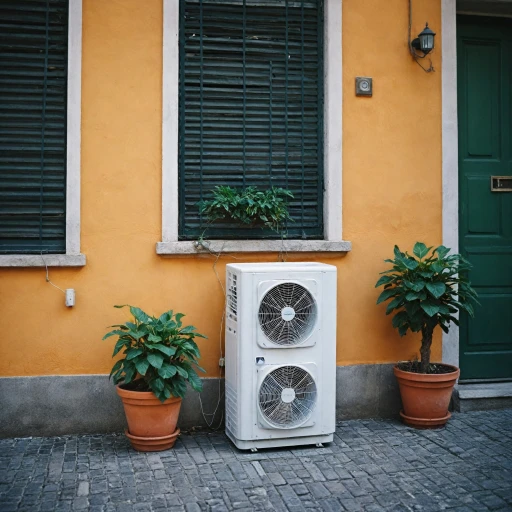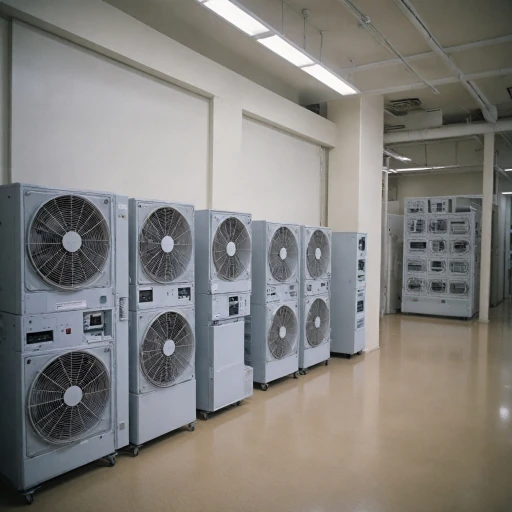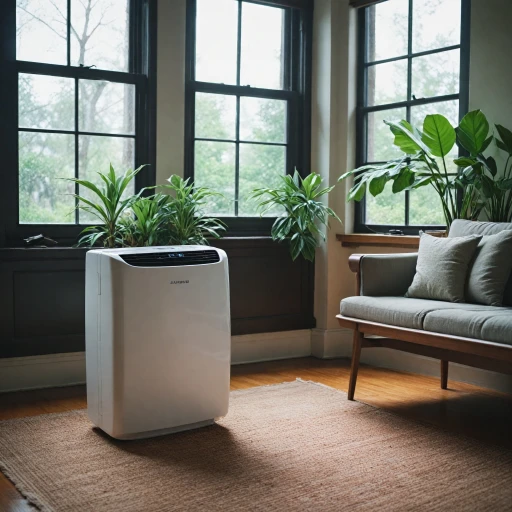
How Window Heat Pump Air Conditioners Work
Functionality of Window Heat Pump Air Conditioners
Understanding how window heat pump air conditioners operate is crucial for making an informed purchasing decision. These units are specifically designed for dual functionality: delivering both heating and cooling capabilities. By utilizing a compressor and heat exchange mechanism, these air conditioners intelligently switch between modes, making them versatile appliances for year-round comfort. The technology leverages the surrounding air to achieve desired temperature variations. During the cooling process, warm air from the room is absorbed by the system and expelled outside. Conversely, in heating mode, the cycle reverses, drawing outdoor heat into the room. This efficient heat transfer process eliminates the need for separate heating and cooling devices. With multiple fan speeds and a user-friendly remote control, these products provide a customizable experience tailored to individual room requirements. High-quality models often come with smart features, allowing users to optimize energy efficiency and convenience through intelligent timers and mobile app integration. For more insights, you can explore whether the Goodman AC is the best choice for your home needs. This will enhance your understanding of the components that make window heat pump air conditioners a top choice for energy-conscious consumers.Benefits of Window Heat Pump Air Conditioners
Advantages of Integrating Window Heat Pump Air Conditioners
Window heat pump air conditioners stand out for their remarkable blend of versatility and efficiency in both heating and cooling modes. These units operate by transferring heat from outside to inside during colder months and reversing the process for cooling in the warmer months. This dual capability makes them a highly efficient solution for maintaining comfortable temperatures.- Energy Efficiency: One of the primary benefits of window heat pump air conditioners lies in their energy efficiency. By only transferring heat, rather than generating it through combustion, these units often use less energy compared to traditional heating systems. This characteristic significantly reduces utility bills, promoting a more sustainable energy usage.
- Year-Round Climate Control: With their ability to both heat and cool, these versatile units eliminate the need for separate systems. This not only cuts down on costs and space consumption but also simplifies installation and maintenance.
- Adaptable Heating and Cooling: Ideal for small to medium-sized spaces, these units allow seamless transition between heating and cooling modes. This adaptability ensures a comfortable environment in any season, making them a wise choice for rooms that require consistent climate control, such as an office or a garage. For more insights on selecting the right air conditioner for specific spaces, explore additional resources on choosing the right air conditioner for your garage.
- Remote and Smart Control Features: Many modern units come equipped with remote controls and smart technology, allowing users to adjust settings conveniently. This feature enhances user experience by providing flexibility in managing the comfort of a room from anywhere inside the home.
Installation and Maintenance Tips
Installation and Maintenance Insights for Optimal Performance
Ensuring the proper installation and maintenance of your window heat pump air conditioner is crucial for achieving optimal efficiency and longevity. Whether you're dealing with a standard window unit or a modern smart device, following set guidelines can make a significant difference. When installing a window unit, the first step is selecting the appropriate size. Measure the room's area to determine the British Thermal Units (BTU) needed. BTU ratings guide users to choose a unit that can effectively heat and cool the space. For instance, a room air conditioner tailored for a small room differs from one suited for a larger environment, hence understanding the BTU window capacity is essential. As you prepare for installation, ensure the window mounted air conditioner fits securely within the window frame to avoid any air leaks, which could impact energy efficiency. Use the right tools and follow the manufacturer's guidelines for both installation and maintenance. Installing a heat pump requires an understanding of how to handle different elements like fan speeds and the remote control for ease of operation. Regular maintenance enhances energy efficiency and extends the life of the product. Cleaning the air filters regularly prevents blockages that could compromise air flow. Additionally, the efficiency of your heat pump is greatly influenced by its upkeep. Check for any signs of wear or damage that might affect the room's heating and cooling dynamics. Comparatively, mini split systems or other advanced models might offer more flexibility and energy efficient options for some settings. For those interested in learning more about cutting-edge systems, exploring the efficiency of Bosch mini split systems can provide valuable insights into alternative cooling solutions. Ultimately, whether you are using a traditional window unit or considering a modern split system, proper installation and maintenance are key to maximizing the benefits of these versatile air conditioners.Comparing Portable and Window Heat Pump Air Conditioners
Assessing Portable and Window Heat Pump Air Conditioners
When it comes to cooling options, understanding the difference between portable and window heat pump air conditioners is crucial. Each type offers distinct advantages depending on your space and flexibility needs.Portable air conditioner units are ideal for those requiring mobility. These products can be moved from room to room, making them suitable for small spaces without permanent installation needs. Their simple plug-and-play setup and smart features such as remote control and adjustable fan speeds provide added convenience. However, they might be less energy efficient compared to window units with similar BTU ratings, which could affect running costs in the long term.
Window heat pump air conditioners, on the other hand, are mounted in a window or through-the-wall, offering efficient room heating and cooling without taking up floor space. These units tend to have higher energy efficiency ratings, translating to lower energy bills. Their built-in heat pumps offer dual functionality, providing warmth during cooler months by utilizing energy-efficient heat extraction methods.
When comparing mini split systems, window air conditioners, and portable units, consider your specific needs. If flexibility is a priority, portable units might be more appealing. However, if efficiency and consistent performance are important, window mounted products could be the better option.
Ultimately, the choice depends on the size of the area you need to cool and your maintenance capabilities. Portable units require regular draining of water and tend to have lower cooling capabilities compared to window units or mini splits that support higher BTU capacities.
Choosing the right air conditioning solution involves carefully evaluating these factors. Keep in mind the long-term efficiency and cost-impact of each type, as well as the immediate benefit of flexible cooling solutions.
Energy Efficiency and Cost Considerations
Smart Choices for Efficiency and Cost Savings
Evaluating the energy efficiency of your window heat pump air conditioner can significantly influence both ecological and economic outcomes. Opting for an energy-efficient model not only lowers your energy bills but also reduces your carbon footprint.- Understanding BTU Ratings: The British Thermal Unit (BTU) is crucial for determining the cooling power of your air conditioner. Selecting the right BTU window air conditioning unit for your room size ensures effective heating and cooling without wasting energy.
- Energy-Efficiency Ratios (EER): The EER ratings help in comparing the efficiency of different units. Models with a higher EER are ideal as they use less energy for the same cooling output, providing not only cost savings but also smart energy management.
- Heat Pump Functionality: Many window units today integrate heat pump technology. This allows them to efficiently manage room air temperatures by switching between heating and cooling modes based on your needs.
- Consider Room Specificity: The design of your home can impact the energy efficiency of your window mounted unit. Factors like room size, ceiling height, and insulation play a role in determining the most efficient and cost-effective air conditioning solution.
- Remote Control and Smart Features: Modern window air conditioners include smart features such as remote control and programmable thermostats. These enhance the efficiency by allowing you to manage and optimize heating cooling schedules as per your lifestyle needs.
Choosing the Right Model for Your Needs
Determining the Ideal Air Conditioner for Your Space
Choosing the right window heat pump air conditioner involves several factors that can significantly impact the performance and comfort in your space.- Room Size and BTU Rating: The size of your room will determine the required BTU (British Thermal Units). Larger rooms need more BTUs to efficiently cool or heat the area. Selecting a window unit with the appropriate BTU rating ensures effective temperature management without overloading the unit.
- Energy Efficiency and Smart Features: Look for energy-efficient models, often indicated by an Energy Star rating. These units consume less electricity, helping you save on energy bills. Smart features like remote control access, various fan speeds, and programmable timers enhance convenience and control over your window unit.
- Type of Heat Pump Air Conditioners: Decide whether a single or a dual-hose unit is suitable for your needs. Dual-hose models generally provide better efficiency by separately managing heating and cooling. Alternatively, mini split systems offer a more permanent solution with greater efficiency if window space is limited.
- Local Climate: Consider the climate in your area. If you experience extreme temperatures, opting for a model with better heating and cooling capabilities is crucial. Some window units come equipped with advanced heat pump functions suitable for both summer and winter.
- Installation Requirements: Reflecting on the installation tips previously mentioned, ensure that the chosen unit fits well in your window and the setup can be achieved with available tools. Improper installation can lead to energy loss and reduced efficiency.

